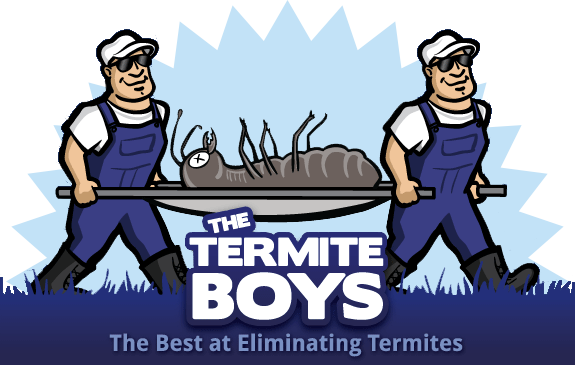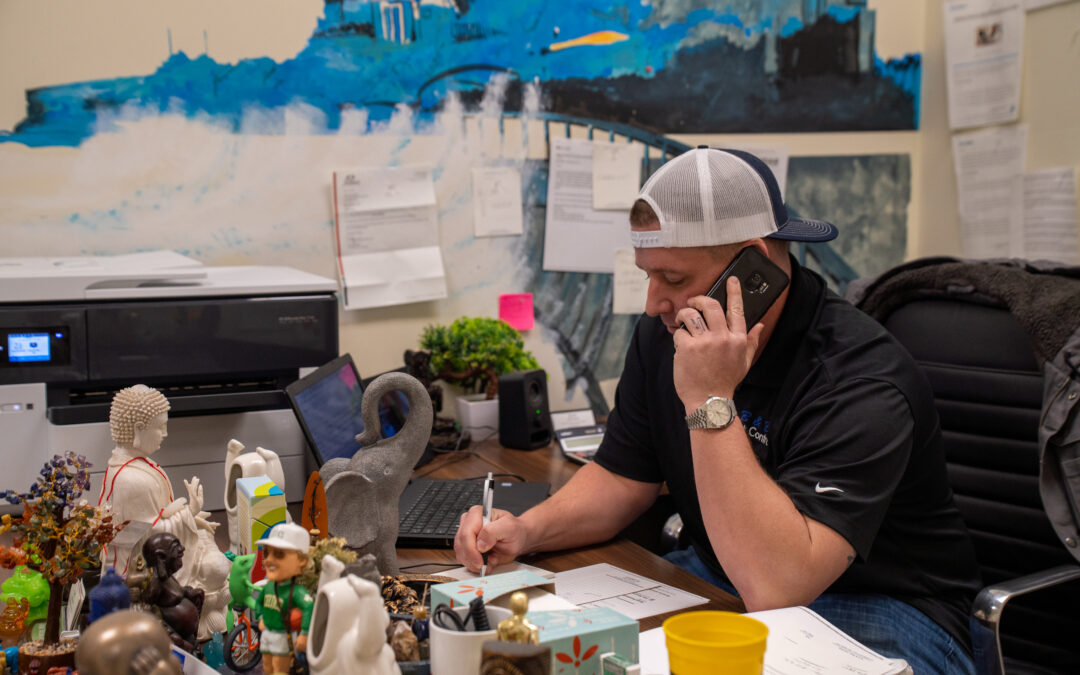Subterranean termites do not have the best built-in immune system, so they have to make their own antibiotics. How, you ask? By recycling their own fecal matter. And the antibiotics generated in this way make termites immune to natural pest control methods. However, these antibiotics do not protect them from pest control products.
Once they infest a building, subterranean termites will eat away at the wood inside, and when you take all the subterranean termites in the US and you add up the damage that they cause, you will rack up a bill of $32 billion.
Pest control specialists have been trying a variety of methods to get rid of these termites for decades, with natural methods getting extra attention. However, nearly all of these biological control measures have failed. This is because termites develop social immunity, where they develop disease resistance mechanisms as a colony that will reject harmful microbes.
Subterranean termites are able to achieve this immunity by farming antibiotics using the fecal matter within their nest. However, this resistance is not developed across generations, and it turns out that it does not have to be. The termites will pick and choose beneficial microbes from the soil around them and bring them back to their fecal nest in order to farm antibiotics.
This behavior is quite advanced, and it was successful enough to outsmart humans and survive natural pest control methods. It is also what allowed the subterranean termite to be so successful as an invasive species. As the termites enter new environments, they pick up the local beneficial microbes found in the soil in order to defend themselves against harmful pathogens that are particular to the surrounding ecosystem.
What’s even more interesting about this behavior is that it is symbiotic or “mutualistic.” The termites will actually farm the beneficial microbes by feeding them their own feces. The good bacteria will provide antibiotics in return, which will protect the colony against pathogens.
In other species of social insects, the symbiotic microbes are passed down from the parents, and you have a case of coevolution, instead of the transactional nature in which the termites interact with the microbes.
However, these microbes cannot protect the termites against man made insecticides. If you have a subterranean termite infestation, a pest control specialist will have just the tools to get rid of it. Contact us today to set up an appointment.

